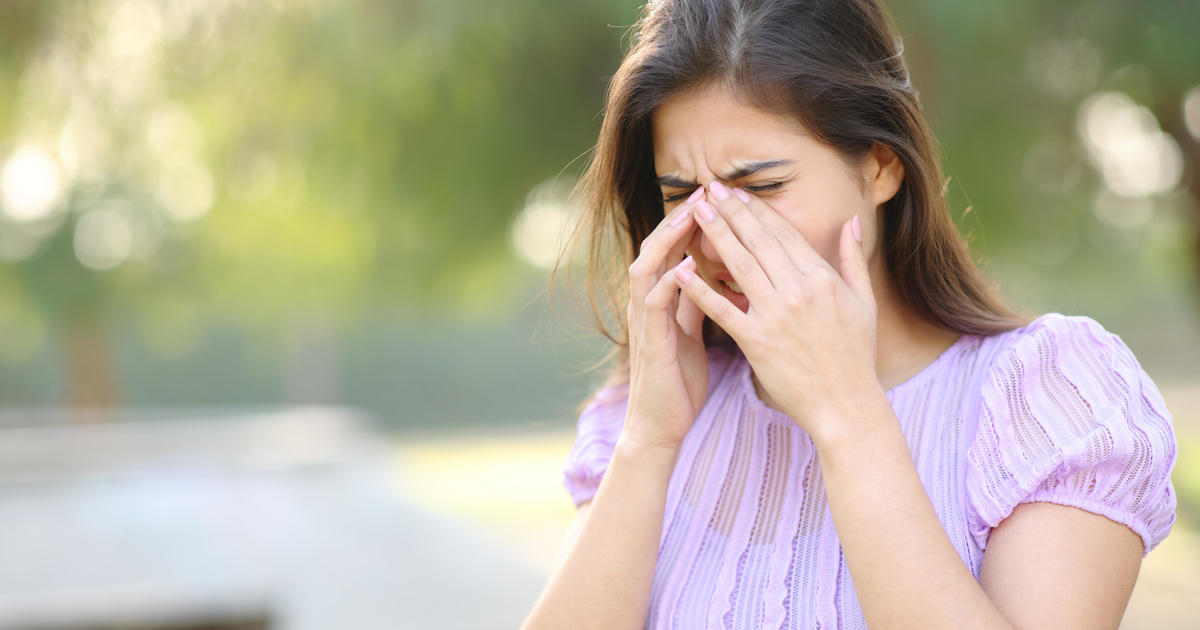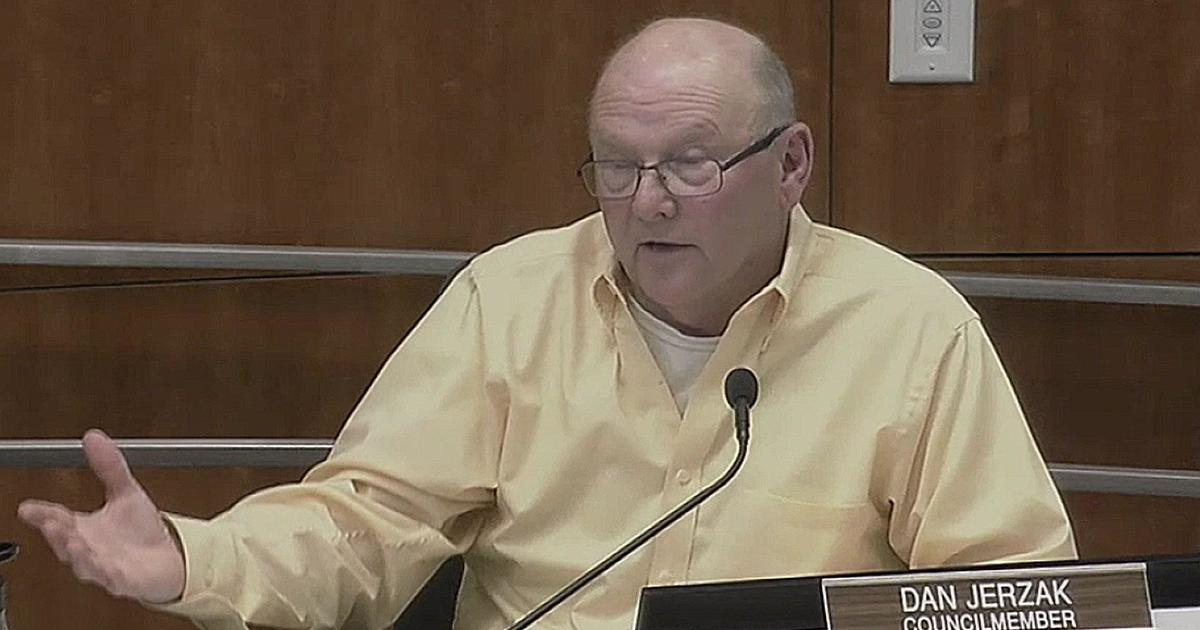Mayo Clinic's COVID Treatments Result In Mortality Rate One-Third Of Than National Average
MINNEAPOLIS (WCCO) -- A new report shines a positive light on the care COVID patients have been receiving at Mayo Clinic compared to other medical centers across the globe. WCCO looked into what's working and why a positive test result now means something much different than just months ago.
As a Type 2 diabetic, Timothy Shorter worried about having a more severe case should he contract COVID-19. In mid-December, he did.
"I could tell I was drinking orange juice but it didn't taste like anything it tasted like water," Shorter said.
The 25-year-old is also a desk operations specialist at Mayo Clinic. Due to his high risk he was contacted by the health department to receive Monoclonal Antibodies the next day -- lab-made proteins that help block the virus from human cells.
"I thought if it made me feel better quicker hey let's try it," Shorter said.
"We believe it's' a game changer," Dr. Andrew Badley, from Mayo Clinic's COVID Task Force, said.
Badley points to the treatment helping to keep people out of the hospital as just one of the success stories from the last 10 months.
"We are very proud of these numbers and I think it speaks to the amount of teamwork that is so pervasive at Mayo Clinic," he said.
Of the nearly 8,000 patients who tested positive for COVID-19 and were treated at Mayo Clinic from March 1 to July 31, 897 were hospitalized, 354 in the ICU. Nearly 78% of hospitalized patients received at least one therapy. The research also found lower mortality rates than compared to other hospitals, at 1.1%.
"During the same time period in the U.S., 3% of patients died," Badley said.
Badley says they pulled first from all their experts, from infectious disease to kidney and liver disease and neurology.
"For every patient who was admitted we had rounds on those individual patients every day, twice a day. And this was performed by a group of experts as well as the people leading the trials in experimental drugs," he said.
Experimental drugs included monoclonal antibodies, producing results for Shorter the very next day.
"I woke up the next morning and walking through our apartment and was able to smell our air freshener," Shorter said.



